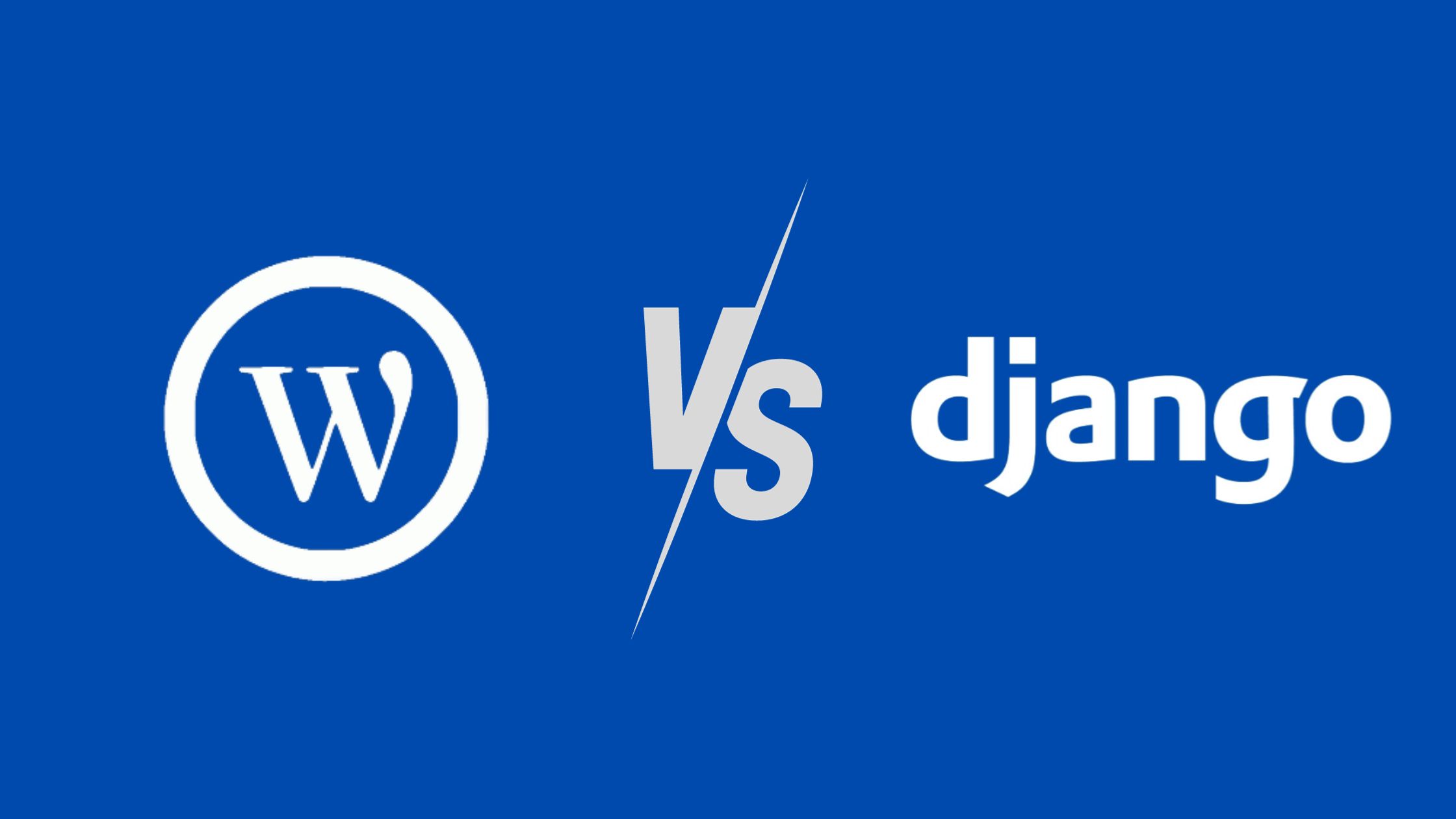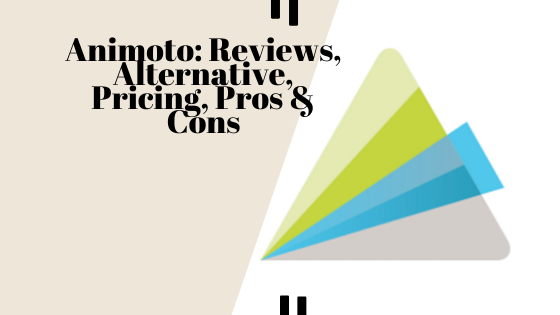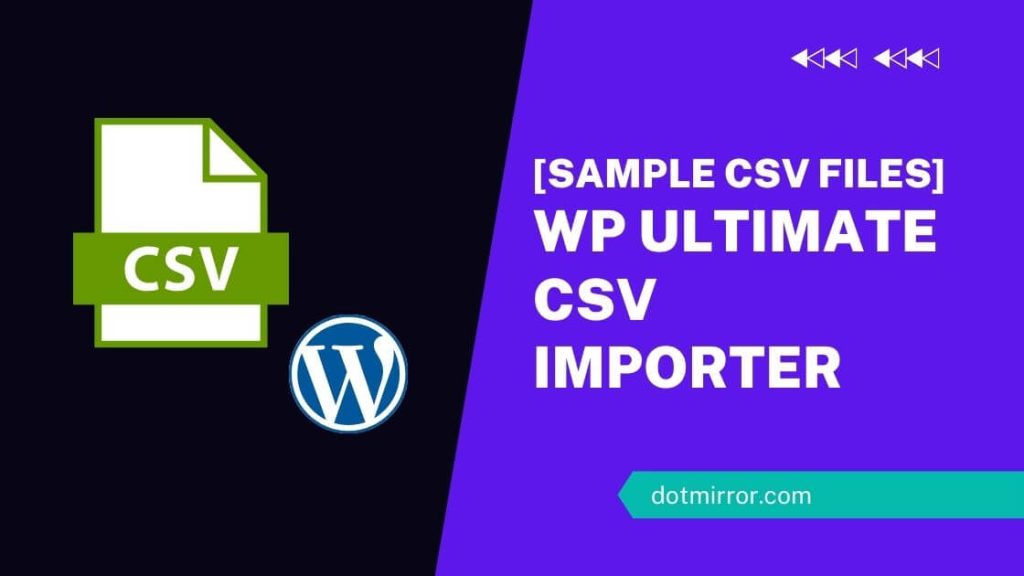Django vs WordPress: Speed & Performance
In general, if speed and performance are your top priorities, and you have specific requirements for a custom web application, Django might be a better choice.
If your main focus is on content publishing and management with some customization, WordPress can be a suitable option.
Keep in mind that performance also depends on how well the application is developed, optimized, and hosted.
What is Django?
Django is a popular open-source tool and powerful framework that has built with Python language. It is quite similar to WordPress, a Content Management System (CMS). It has been used by L’Oreal Men expert companies and NASA.
The actual beauty of the Django CMS – the developers can customize the contents in the front of your site. So, you do not require to open an admin page.
Highlighted Features of Django CMS
- Rapid prototyping
- Advanced validation of data
- Custom user permissions
- Highly customizable features
- Scalable architecture
- High security
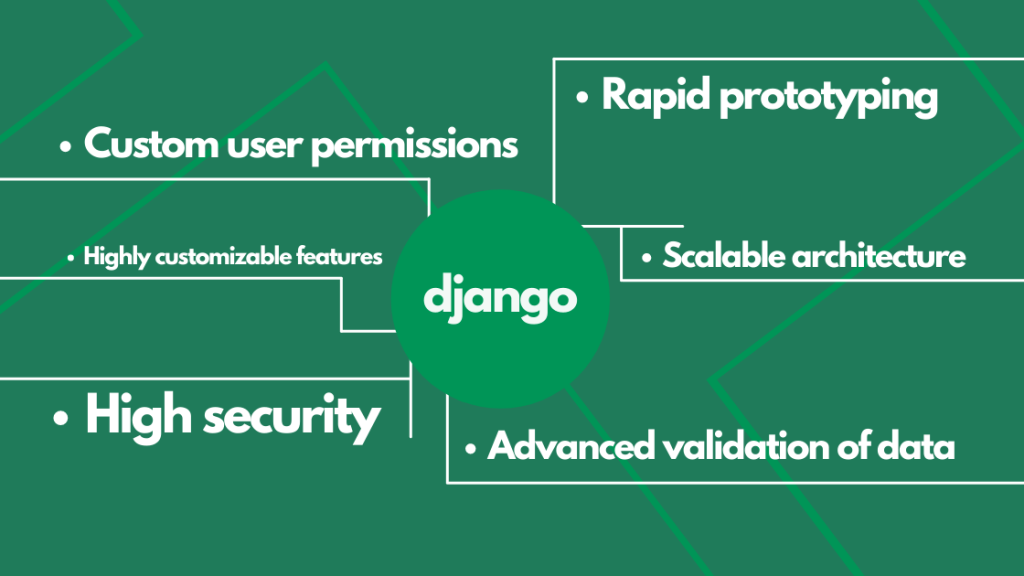
Why Use Django?
There are several reasons to use Django. So, let us discuss a few of them.
Scalable: It includes small pluggable applications. So, all of these pluggable applications are pretty easy to plug into your main project.
Versatile: Another reason to use Django CMS, it is a versatile framework. So, it allows the developers to build up any kind of site such as eCommerce, scientific website, etc.
Fast: You can set up your website very fast in the shortest possible time using Django.
Security: Django provides high-level security and ensures the developers not to make unnecessary security mistakes.
When Should You Choose Django?
If you want to have some features for your upcoming project that you cannot find them on the internet easily. Or, if the WordPress theme does not offer the same features and functionalities, then Django is the perfect match for your project.
With Django, You Can Set Up Given Websites
- E-commerce
- Directories
- Scientific web systems
- Banking systems
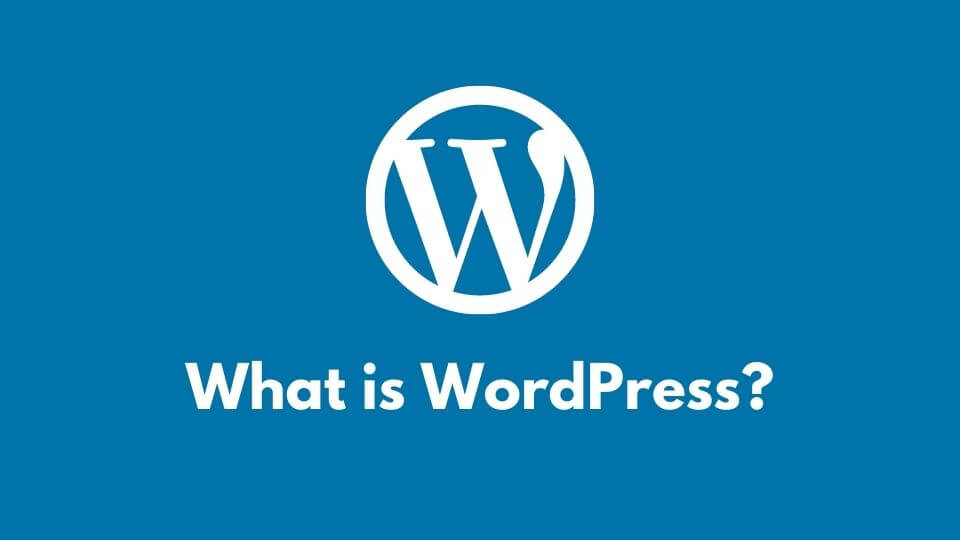
What is WordPress?
Nowadays WordPress is a popular name for website development. Around 40% of the available websites are developed by WordPress. It is a free and open-source software service.
Another cool fact is, you do not need to require too much coding skill or language and web developing experience to build the sites. You just need to download and install it, then set up your business site or online shopping store using a free WordPress theme template.
Besides, these WordPress themes provide you tutorial videos to make your work easier.
Highlighted Features of WordPress
- Easy to use and customize
- User-friendly
- No complex or complicated features
- Application framework
- No need for coding knowledge to build the site
- Search engine optimized (SEO)
- Supports multilingual content
Why Use WordPress?
In case you have chosen to adapt WordPress for your web development, here are the reasons why many developers have started using WordPress over other options.
- It is a free and open-source software service
- It requires less time to create a complete website
- It is pretty easy to use and custom your site and post
- Powerful yet affordable plugins, page builder and widgets
- It is easier to upload the content
- As it has a responsive theme design, so it is mobile-friendly
- Besides, you can easily deploy a live website to a shared hosting server.

When Should You Choose WordPress?
If you are a newbie in this web developing world or have less knowledge about it and want to develop your new project, then WordPress is your right match. Using free WordPress templates you can easily add an aesthetic feel to your site and attract more visitors. Also, it can be a good choice for your blog content.
With WordPress, You Can Set Up Given Websites
- Company website
- Blog
- Personal Website
- Portfolio
- eCommerce site
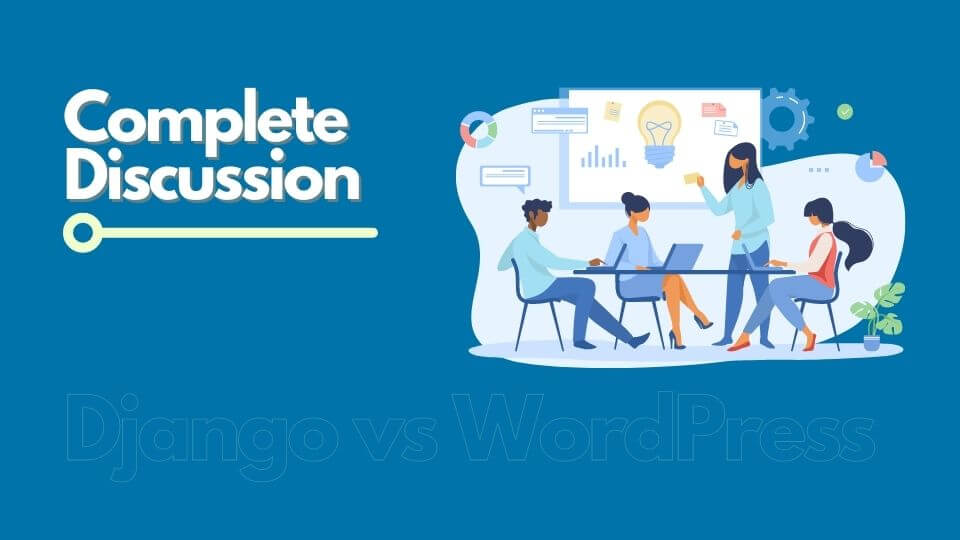
Django vs WordPress – A Complete Discussion
Django is a powerful web framework. Developers use it to build and power websites from scratch. On the other hand, WordPress is a free content management system and open-source web service. It also comes with a better dashboard and community support.
In this section, we will compare Django cms vs WordPress. Let’s find out which one is perfect for you!
-
Ease of Use
Django
Django develops websites from scratch. So, you have to require some knowledge of Python and MVC to use it.
WordPress
WordPress is pretty easy to use. You do not have to need any coding or web developing knowledge.
-
Plugins
Django
Django supports a limited number of plugins. So, if you want anything else, you have to code it.
WordPress
On the other hand, WordPress can support a wide number of powerful plugins. So, you do not need to code it. You can easily integrate any functionality very quickly and easily.
-
Look and Feel
Django
In Django, if you want to have a rich look and feel, you need to do coding for it.
WordPress
In WordPress, you can easily configure a rich look and feel of your website by picking the available themes. You do not need to do any coding for it. So it will provide a better user experience.
-
Popularity
Django
Django has earned less popularity as it requires coding or technical knowledge to manage it.
WordPress
Nowadays, WordPress has gained much popularity as it comes with a powerful tool, plugin, high functionality, and needs zero coding knowledge to operate your website.
-
Social Integrations
Django
Django does not have social login. You need to code it manually for social media logins.
WordPress
WordPress includes social media logins and it does not need any coding.
-
Pricing
Django
The price range of Django begins at $0.01 per feature. It also offers a free trial.
WordPress
The price range of WordPress comes at $4.00 per month. It also offers a free trial.
Pros and cons of Using Django
Let’s have a look at the pros and cons of using Django!
Pros
- With Django, it is easy to modify the content management workflow.
- It has used one of the most popular programming languages
- It has less chance to get hacked.
- It does not go slow after using it for some time.
- With the frontend edition, it is easy to create extensions.
- No extensions need to support multi-languages.
- It can be easily integrated with the Django applications.
- It creates a good balance between the user and developer.
- With Django, you can build very big projects without any limitations.
Cons
- Django is not perfect for smaller projects.
- It requires coding skills to configure and takes too much time to build up a site.
- With Django, it is a bit expensive to develop and maintain the site.
- It is not a great option to create a blog.
Pros and cons of Using WordPress
Let’s have a look at the pros and cons of using WordPress
Pros
- It is pretty easy to maintain and simple to update and configure to the latest version.
- You can easily integrate a large number of free and paid plugins into your site.
- A large community of developers makes it easy to find help.
- You do not have to require any technical skill to build the site and modify the content.
- You can find a wide range of free themes with full WordPress integration.
- With thousands of themes and lots of powerful plugins, you can easily present your contents just like you visualize them.
- Another big benefit to using WordPress is – it is search engine optimized. It also includes SEO plugins to get a better rank in Google search engine results. And it helps to increase your site visitors.
- It makes your content mobile-friendly, so it can easily be viewed on all devices such as mobile-iPad.
- WordPress is much more secure to use. It constantly updates its plugins and themes. Its security updates are automatically installed.
- Besides all, with the help of WordPress, you can easily set up your eCommerce site and start your online business.
Cons
- WordPress includes a very wide range of collections of powerful plugins and useful features. Sometimes using too many powerful plugins on your website can make your site slow and also heavy.
- Sometimes it can be a bit difficult to customize the complicated themes with WordPress.
So What is Your Decision?
After knowing about all the comparisons between Django vs. WordPress, you have now understood that no platform or tool is the superior option to build up your website.
As both Django and WordPress have their own features, advantages, and disadvantages. It is completely your decision which you want to pick for your project based on your preferences and requirements.
If you have a larger project and want to build up a professional website to reflect your brand’s identity, then Django can be your right partner.
On the other hand, if you want to set up your blogging website or eCommerce store for online marketing with zero coding knowledge, then you can go with WordPress.
Last Few Words
Hopefully, after reading the whole article on Django vs. WordPress, you are now able to find out the best option for you. So, compare their features, pros-cons and pick the most suitable one for your site based on your demands and needs.

